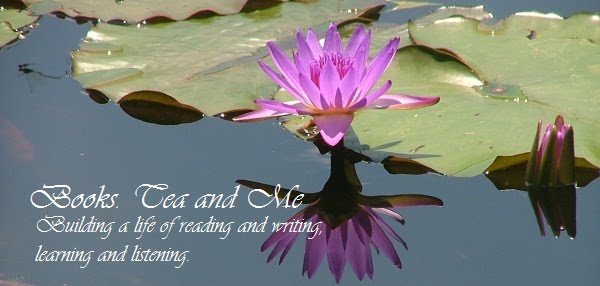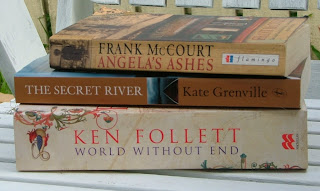 The Secret Life of Bees by Sue Monk Kidd
The Secret Life of Bees by Sue Monk KiddMy rating: 4 of 5 stars
The day Lily Owens turns fourteen her life takes a dramatic turn. It's July 4th, 1964, and Lily is alone in the world except for her abusive father and the negro peach worker he employed to raise his daughter. Lily's mother died ten years earlier, apparently the victim of an accidental shooting. Four year old Lily was the one holding the gun. When Rosaleen and Lily have a run in with small town thugs and Rosaleen is arrested, Lily is precipitated into a quest to find her mother's story. With only a picture of a black Madonna with a town name written on the back, Lily and Rosaleen set off.
The story is one of maternal love. Lily has spent most of her life feeling unloved, and when the fugitive pair end up in the home of three sisters, they each learn much. The recurring theme of bees and honey is unsurprising, given the name of the novel. I was particularly taken with the metaphor of a hive losing its queen being doomed. Each of the three sisters, August, June and May, have something to offer Lily, who desperately needs to be loved by them, and struggles with her concealment of her mission to find her mother.
As well as the theme of mother love, the novel tackles the difficult issue of race in the period when coloured people first were given the right to vote in the US. Lily is a white girl living in a household of negro women, and her presence raises eyebrows in the community. The themes are brought together in the Black Madonna the sisters keep in their house, the focal point of their own mythology.
I enjoyed every page of this book, even the ones that made me cry. Lily is an easy character to empathise with, a teenager full of her own wisdom and the bravdo of her youth, but still childlike enough to need a motherly shoulder to cry on.
View all my reviews >>








